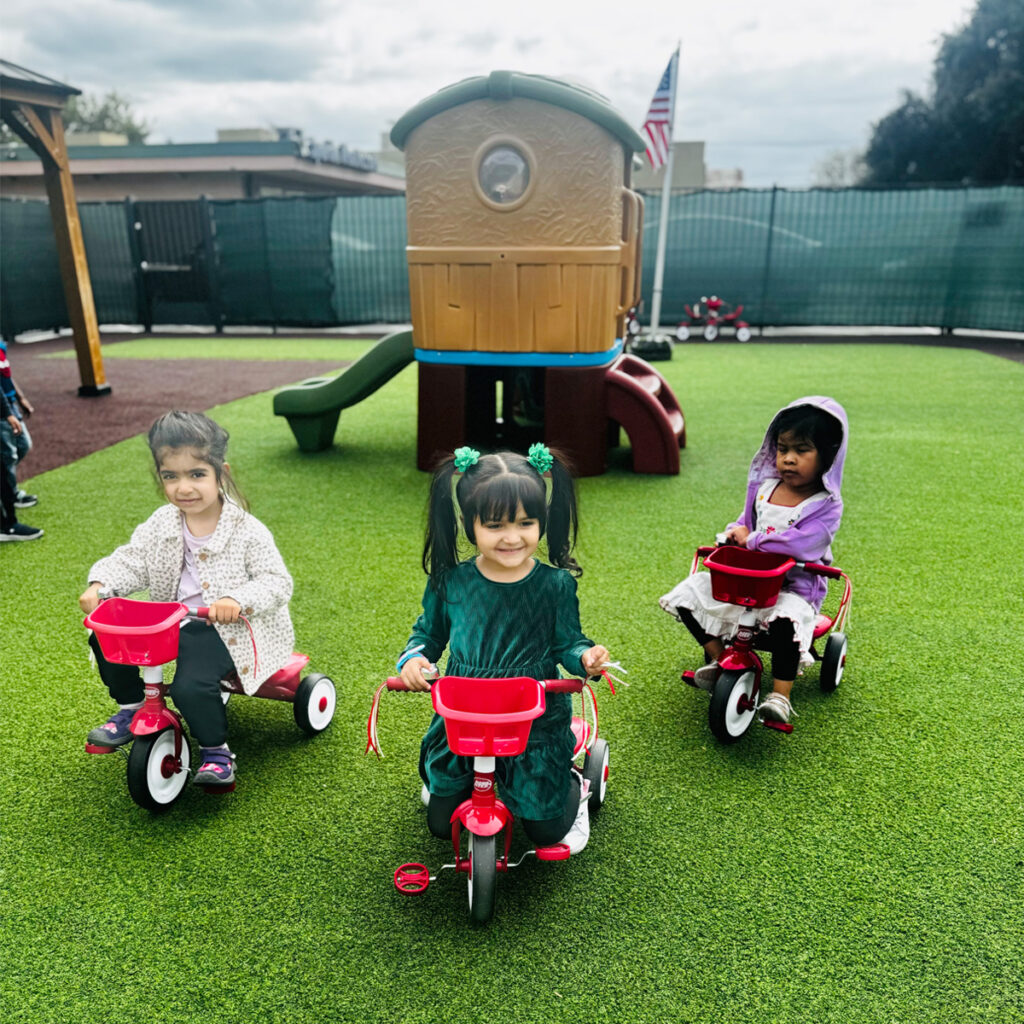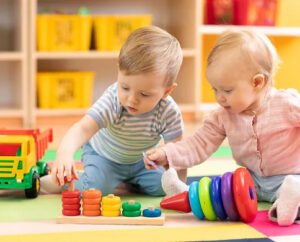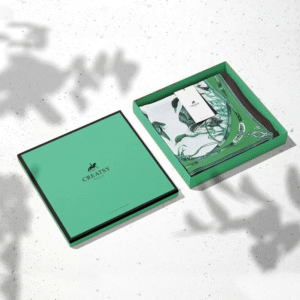
All parents desire the best for their child, particularly during the infant years of life. The decisions you make about your baby during the initial months will significantly impact their growth (physically, emotionally, and mentally) for many years. That is where Montessori infant care comes in. Montessori is not only a form of pre-schooling, but also a philosophy in rearing Independence, curiosity, and self-confidence since infancy.
What is Montessori Infant Care?
Montessori infant care is a baby care method that is based on the philosophy of Dr. Maria Montessori. It is founded on respect for the natural development of the child, with freedom within limits, and the provision of a structured environment where the baby can learn and ensure their safety. Montessori Fremont CA caretakers do not view babies as tabulae rasa, but as competent human beings who learn from birth. Such an approach to care promotes:
- Independent movement
- Choice within a safe space
- Respectful communication
- Connection through consistency and routine
It can be practiced in the home as much as in Montessori infant programs or a Montessori-based infant classroom (babies aged 6 weeks to 18 months).
Core Principles of Montessori Infant Care
The following are the chief concepts that constitute Montessori infant care:
- Respect for the Baby
A newborn also needs to be treated with some dignity. In infants, Montessori caregivers talk in calm voices and engage them in chores such as diaper change, and allow them to develop at their own speed.
- Prepared Environment
The Montessori infant environment is serene, lovely, and secure. Soft mats, mirrors, low shelves, as well as toys of natural material, are found in the environment. All the details are made so that they encourage the movement and exploration of the baby.
- Freedom of Movement
Montessori babies have the freedom to move around on the floor, bed, or a play mat instead of being restricted in swings, walkers, or bouncers. This assists them in attaining power and balance.
- Hands-On Learning
When it comes to learning, babies do it through exploration by using their senses. Montessori offers toy and activity interactions that utilize sight, touch, movement, and sound, with nothing flashing or beeping.
- Consistency and Routine
The Toddler care Fremont CA, under Montessori, uses a soft rhythm rather than clockwork. Regularity makes infants feel safe, and they know what is coming.
What Does a Montessori Infant Day Look Like?
A typical day in a Montessori infant program is slow-paced, calm, and child-led. Here’s what you might find:
- Soft music is playing in the background
- Infants lying on floor mats or using low furniture
- Teachers sitting on the floor, quietly observing and interacting
- Babies exploring a basket of sensory items
- A calm, peaceful nap space with floor beds
- Predictable routines for feeding, diapering, and resting
Caregivers work in partnership with parents to follow each child’s cues and needs, rather than enforcing a strict schedule.
Benefits of Montessori Infant Care
Many families choose Montessori for their infants because of its powerful benefits. These include:
- Encourages Independence
Even from a young age, Montessori babies are encouraged to do things for themselves, like picking up a toy or learning to feed themselves.
- Boosts Cognitive Development
The carefully chosen materials and activities support brain development and problem-solving from the very beginning.
- Fosters Motor Skills
Freedom to move means babies strengthen muscles, coordination, and balance naturally, laying the foundation for crawling and walking.
- Builds Emotional Security
Respectful care, predictable routines, and one-on-one attention help babies feel safe and loved.
- Supports Language Growth
Montessori environments are rich in real conversation, which encourages early listening and speaking skills.
How to Bring Montessori Infant Care Home
You don’t need to enroll your baby in a Montessori school to benefit from this philosophy. Here are simple ways to adopt Montessori principles at home:
- Create a Safe and Simple Space
Set up a small play area with a soft mat, a low shelf with a few toys, and maybe a mirror on the wall. Keep it tidy and peaceful.
- Use a Floor Bed
Instead of a crib, some families use a low mattress so the baby can move in and out independently (once they’re mobile).
- Follow Your Baby’s Lead
Let your baby explore and choose what they want to play with. Watch them closely without interrupting.
- Speak Respectfully
Talk to your baby as if they understand—because they do! Tell them what you’re doing during diaper changes or feedings.
- Choose Simple, Natural Toys
Wooden rattles, cloth balls, stacking cups, and fabric books are great Montessori-inspired toys.
Final Thoughts
The concept of Montessori care involves dealing with infants in a calm, honourable, and caring manner. A full-time Montessori baby program or an introduction of Montessori concepts at home, this approach can put your child on the track to becoming a self-confident, inquisitive, and competent human being. And by respecting your baby as a unique individual who grows naturally, by creating a caring environment, by simply setting a good example and giving instructions in a calm, humane manner, you offer them/a precious chance to become a good life-long learner and a happy and safe child.
FAQs
Q1: What age is Montessori infant care for?
A: A Safe infant care Fremont typically serves babies from 6 weeks to 18 months, though some programs extend to age 3 in toddler classrooms.
Q2: What makes Montessori infant care different from regular daycare?
A: Montessori focuses on respectful care, Independence, and a carefully prepared environment. Traditional daycare may not emphasize child-led learning or motor development in the same way.
Q3: Can I practice Montessori at home with my baby?
A: Yes! You can create a simple, safe space, offer freedom to move, use natural toys, and follow respectful communication.
Q4: Is Montessori infant care expensive?
A: Montessori programs may cost more than traditional daycare due to the specialized training and lower caregiver-to-child ratios, but many families find it worth the investment.
Q5: Do Montessori babies learn faster?
A: Montessori babies aren’t rushed—they learn at their own pace, but often develop stronger Independence, focus, and problem-solving skills earlier.






